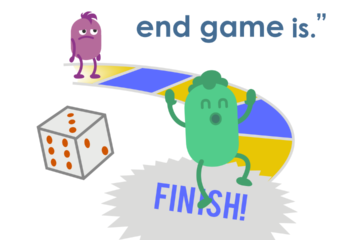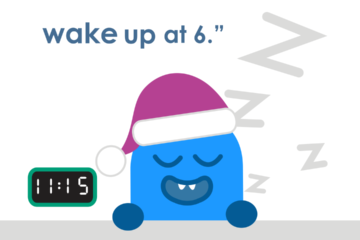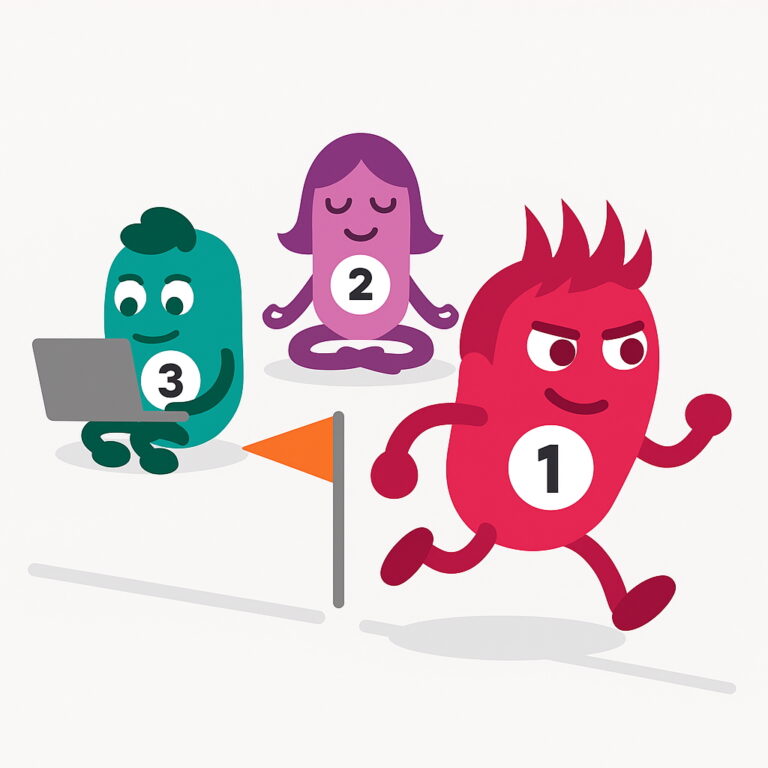How to Keep Your New Year Resolutions and Make Them Stick for 2023
Table of Contents
It’s that time of year again! The holidays are over and a new year has begun. For many people, this is a time to reflect on the past year and think about ways to improve in the year ahead. Many people choose to make new year resolutions.
According to a poll from 2020 by Urban Plates/Ipsos, nearly 40% of Americans have planned a resolution, with 18% of those surveyed having many resolutions planned.
If you’re deciding to try a new routine, and want to make a resolution, but are not sure how to start taking action, common new year’s resolution ideas include eating healthier, exercising more, managing finances better, quitting bad habits, getting more hours of sleep, learning a new skill or hobby, traveling more, spending more time with family and friends, and reducing stress and anxiety.

How do New Year's Resolutions Work?
The “fresh start effect” is a phenomenon where people are more likely to try to achieve their goals immediately after a significant date, such as the start of a new week, month, or year. This effect has been seen in three studies, which looked at Google searches for the term “diet,” gym visits, and commitments to pursue goals. The authors believe that these important dates create new mental periods, which motivate people to try to improve themselves by forgetting their past mistakes and looking at their lives as a whole.
What Percentage of Resolutions are Kept?
While some may find success in staying true to their resolutions, it’s important to remember that life is unpredictable, unexpected things can happen, and self-improvement is hard. So let’s face it, new resolutions may be difficult to stick to. This thirty year old study found that only only 19% of people stick to their resolutions over the long term. Other articles place the rate much lower suggesting failure rates of over 90%.
How Long Do New Year Resolutions Last?
It’s easy to start off the year with good intentions, but it can be hard to maintain motivation as the days and weeks go by, and many people feel they “don’t have the time” to work toward big goals. In fact, those who make resolutions and quit, according to a study done by the exercise app Strava, dropout by January 19th, after less than three weeks.
What are the Best New Year's Resolutions?
It turns out the kind of resolution you choose makes a difference to help you achieve your goals this year. In this study from 2020, those who had approach-oriented goals were more successful than those with avoidance-oriented goals (58.9% vs. 47.1%).
Approach-oriented goals are goals that focus on achieving a desired outcome or reward. For example, setting a goal to lose weight or to earn a promotion at work would be approach-oriented goals. In contrast, avoidance-oriented goals are goals that focus on avoiding a negative outcome or punishment. For example, setting a goal to not eat junk food or to avoid procrastinating would be avoidance-oriented goals.
Additionally, the group that received support was more successful compared to the other two groups. Receiving support in pursuing a goal can be beneficial because it can provide accountability, encouragement, and resources that can help a person succeed.
This study also shows that New Year’s resolutions can have long-lasting effects, even after a year has passed.
How to Avoid Failure and Stick to Your Goals in 2023
So, if you’re ready to make a change, how can you make this your best year, learn something new, achieve a goal, and change your life for the better? Here are some tips to help you make better goals, help you avoid failure, and make you more likely to succeed this upcoming year.
- Reframe avoidance-oriented goals as approach-oriented goals. The best resolutions are framed positively. For example, instead of setting a goal to “not procrastinate,” you could set a goal to “be productive and complete tasks on time.” This shifts the focus from avoiding a negative outcome (procrastination) to achieving a positive outcome (productivity and task completion).
- Be specific. When you make your new resolution, instead of saying that you want to “lose weight” or “exercise more,” be specific about what you want to achieve, and write down your goals. For example, “I aim to lose 10 pounds” or “I want to go to the gym three times a week.” This will make your goals more concrete and easier to track.
- Make a plan. Once you have specific goals in mind, come up with a plan for how you are going to achieve them. This might include setting aside a specific time each day for exercise, planning out your meals for the week, and finding a buddy to hold you accountable to that plan.
- Start small. Don’t try to change your entire life overnight. Don’t let large goals overwhelm you. Instead, break your goal into smaller, achievable goals that you can accomplish in a short amount of time. This will improve your mood and help you build momentum and confidence, which will make it easier to tackle bigger goals later on. So if you’re trying to go to the gym 3 times a week, aim to get there just once.
- Celebrate your wins. Celebrating your wins is important because it helps you build momentum and motivation to continue working towards your goals. When you celebrate your wins, you recognize and reward yourself for your achievements, which can boost your self-esteem and confidence. This can make you more likely to stick with your goals and continue making progress. Additionally, celebrating your wins can help you maintain a positive attitude and mindset, which can further increase your motivation and drive to succeed.
- Get an accountability partner. It can be helpful to have someone to support and encourage you as you work each day towards your personal goals. This could be a friend, family member, or co-worker who shares similar goals. Ideally it’s another person working toward the same or similar goal. They can help you stay on track and provide motivation when you need it.
- Track your progress. One of the best ways to stay motivated is to track your progress. This could be as simple as keeping a log of your workouts or tracking your weight loss on a chart. Seeing the progress you are making can be a powerful motivator to keep going, and your Buddy can help you track your journey.
- Don’t beat yourself up. We all have setbacks and stumble along the way. Leave room for mistakes. Usually, when making big changes in your life, you might feel like you need to fail to achieve. But if you slip up, don’t beat yourself up about it. Instead, focus on getting back on track and moving forward. Remember that progress is not always a straight line – there will be ups and downs along the way.
By following these tips, you can set yourself up for success and stick to your New Year’s resolutions this year, so by the end of next year, you’ll be ready to level up with a new, improved list of resolutions. Good luck!
References
- The Fresh Start Effect: Temporal Landmarks Motivate Aspirational Behavior
- A large-scale experiment on New Year’s resolutions: Approach-oriented goals are more successful than avoidance-oriented goals
- Why We Run
- The resolution solution: longitudinal examination of New Year’s change attempts
- Ipsos Poll



